The Ketogenic Diet for Cystitis / Painful Bladder Syndrome
Interstitial cystitis, also known as bladder pain syndrome or painful bladder syndrome, is a diagnosis for which conventional medicine doctors, even urologists, can offer no cure. Yet this health issue impacts as many as 12 million Americans. Indeed, cystitis and overactive bladder are nearly identical health issues which means an even bigger number of people are impacted by bladder irritation. Fortunately, there are treatments outside of conventional medicine that work to reduce symptoms of bladder irritation and overactive bladder symptoms and also to cure cystitis permanently. Most people who set out to find a cure for cystitis / bladder pain syndrome outside of conventional medicine will be able to control their symptoms and get rid of bladder irritation over the course of time. One of the treatments that works well for a lot of cystitis sufferers is diet change.
Years ago when I developed cystitis and fibromyalgia, I changed certain things about my diet. I stopped drinking coffee. I actively sought out trace minerals and put Himalayan sea salt in my drinking water. Better hydration of my tissues would often release the muscle and joint pain that I experienced every day for about a year.
While I never worked with the ketogenic diet or a strict carnivore diet to overcome cystitis, I did go “gluten free” for about 5 years at one point and I also shunned all dairy products and meat. Essentially, the diet that I developed for myself was almost the opposite of a ketogenic diet. For me, this diet helped, but it didn’t fix the problem. The things that made the biggest difference for me were hydration using trace minerals and staying away from coffee, refined sugars, and all bottled beverages.
I believe that making changes to one’s diet is a vital first step that people make when they’re really ready to heal, so we decided to include this chapter near the front of the book so that readers would thoroughly consider their diet as a first step in the process of overcoming cystitis.
Nutritionists have long been aware that urinary frequency, urgency, and pelvic pressure and pain can be managed through dietary changes. In our experience working with health coaching clients, the ketogenic diet and/or a strict carnivore diet can be extremely helpful as a tool to get rid of chronic cystitis / painful bladder syndrome. A lot of people start by changing their diet because the results can be so powerful and affirming in terms of the patient’s ability to regain control over their lives after months or years of suffering with painful bladder syndrome. Ideally, the ketogenic diet or a carnivore diet should be combined with The Lugol’s Iodine Protocol to overcome any nutrient deficiencies that might be contributing to the issue. Lugol’s iodine, vitamin K2 / menaquinone-7, and vitamin B17 / amygdalin are essential nutrient supplements that most people with cystitis and recurrent UTIs need. Though a number of our health coaching clients resist taking supplements, many of them experience profound breakthroughs in their health when they begin working with the Lugol’s Iodine Protocol supplements.
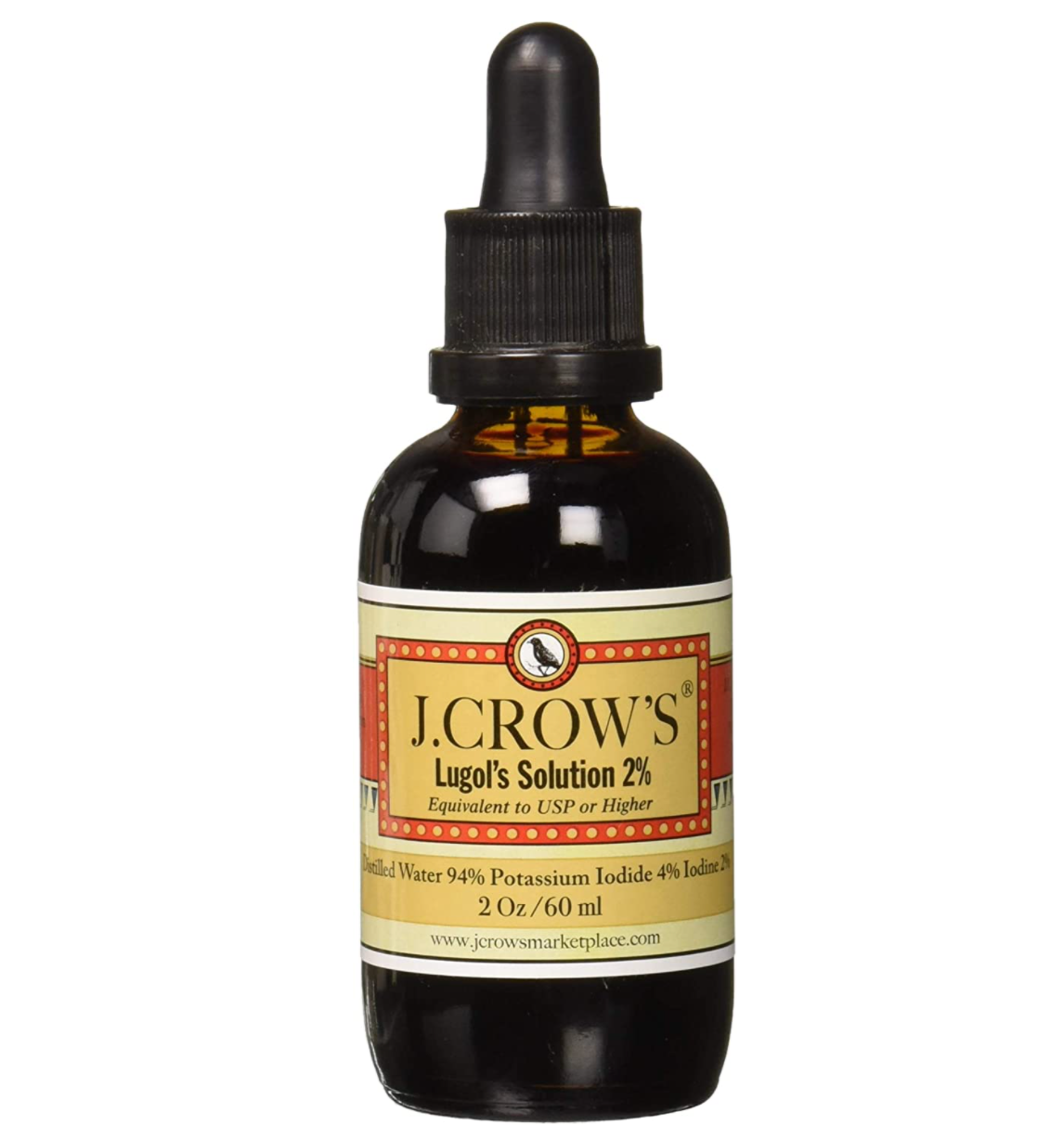
Click here to buy Lugol's iodine 2%.
Some of our health coaching clients eat daily doses of Raw Amish A2 Kefir or the equivalent in addition to steady intake of raw, organic dairy products, fish, eggs, and healthy, organic meats. The probiotics in high-quality A2 kefir seems to benefit bladder ecology.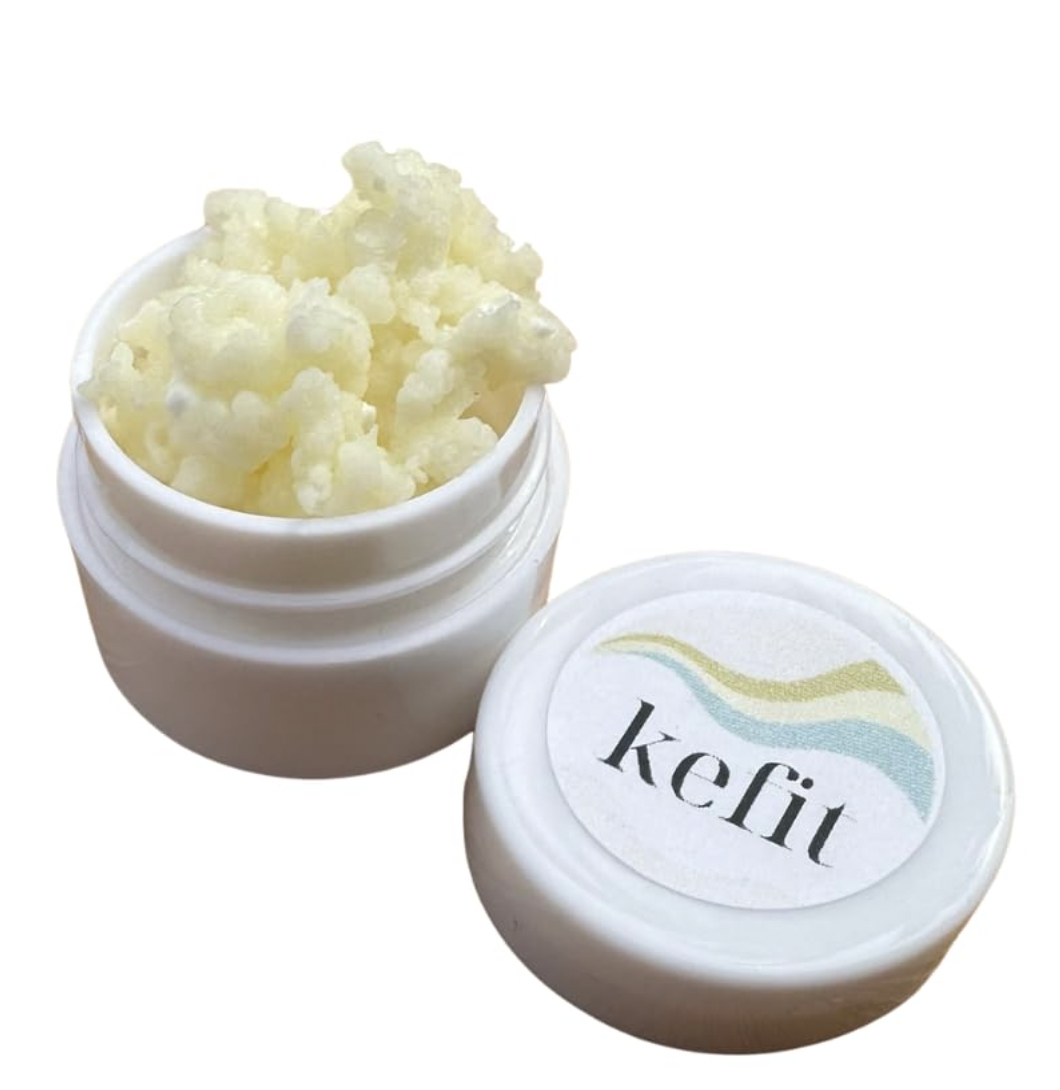
Click here to buy Kefir grains.
Note that many farmers administer organophosphate insecticides to their animals to get rid of fleas and ticks. If you can, try to avoid animal products from animals that have been exposed to organophosphates while eating a ketogenic or carnivore diet. Organophosphate insecticide residues can contribute to cystitis symptoms. For more information about how organophosphates negatively impact health, click here to buy Root Cause: Common Environmental Toxins and How to Protect Yourself from Them.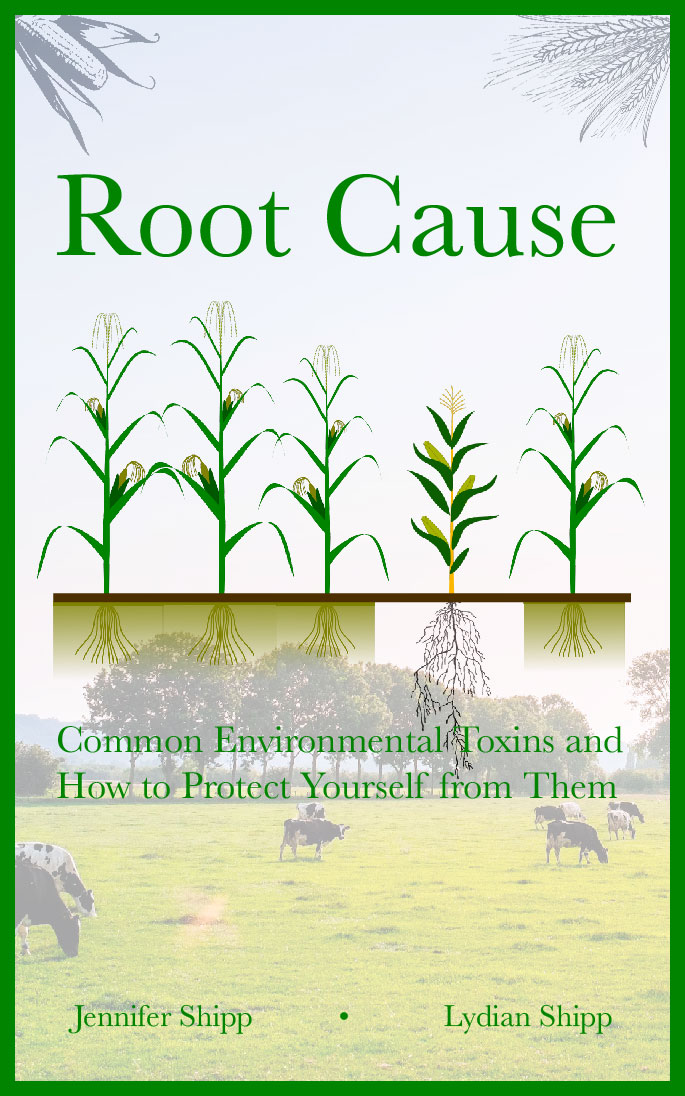
Click here to buy Root Cause: Common Environmental Toxins and How to Protect Yourself from Them.
Many of the people who have successfully used a keto diet for cystitis and/or recurrent UTI believe that the high protein and fat content helps them, perhaps because it promotes quick regeneration of cells and tissues, but there are other theories about how and why it works too. Studies indicate that the potassium content of urine is altered by diet in a manner that can activate or deactivate pain receptors in the bladder. While some people believe that the higher amount of fats and proteins is what makes this diet work, other people believe that the lack of carbohydrates in significant quantities is the primarily healing factor.
Journaling and an Elimination Diet for Cystitis
Not everyone with cystitis can follow the exact same diet with the same results although there is some consensus regarding the healing effects of consuming primarily animal products. It pays for patients to keep a journal when they make the switch to a cystitis diet. Keep track of what you’re eating so you can identify what irritates your bladder and what seems to help it calm down.Some people do an elimination diet for a couple of weeks during the initial stages of diet change. This involves eliminating all possible trigger-foods and re-introducing them slowly to evaluate which ones cause you to develop cystitis symptoms and which ones do not.
Consider keeping a notebook stashed in the kitchen, but also be sure to take a notebook with you whenever you go out to dinner. Ask about the ingredients in the foods that you’re eating so that you can take note.
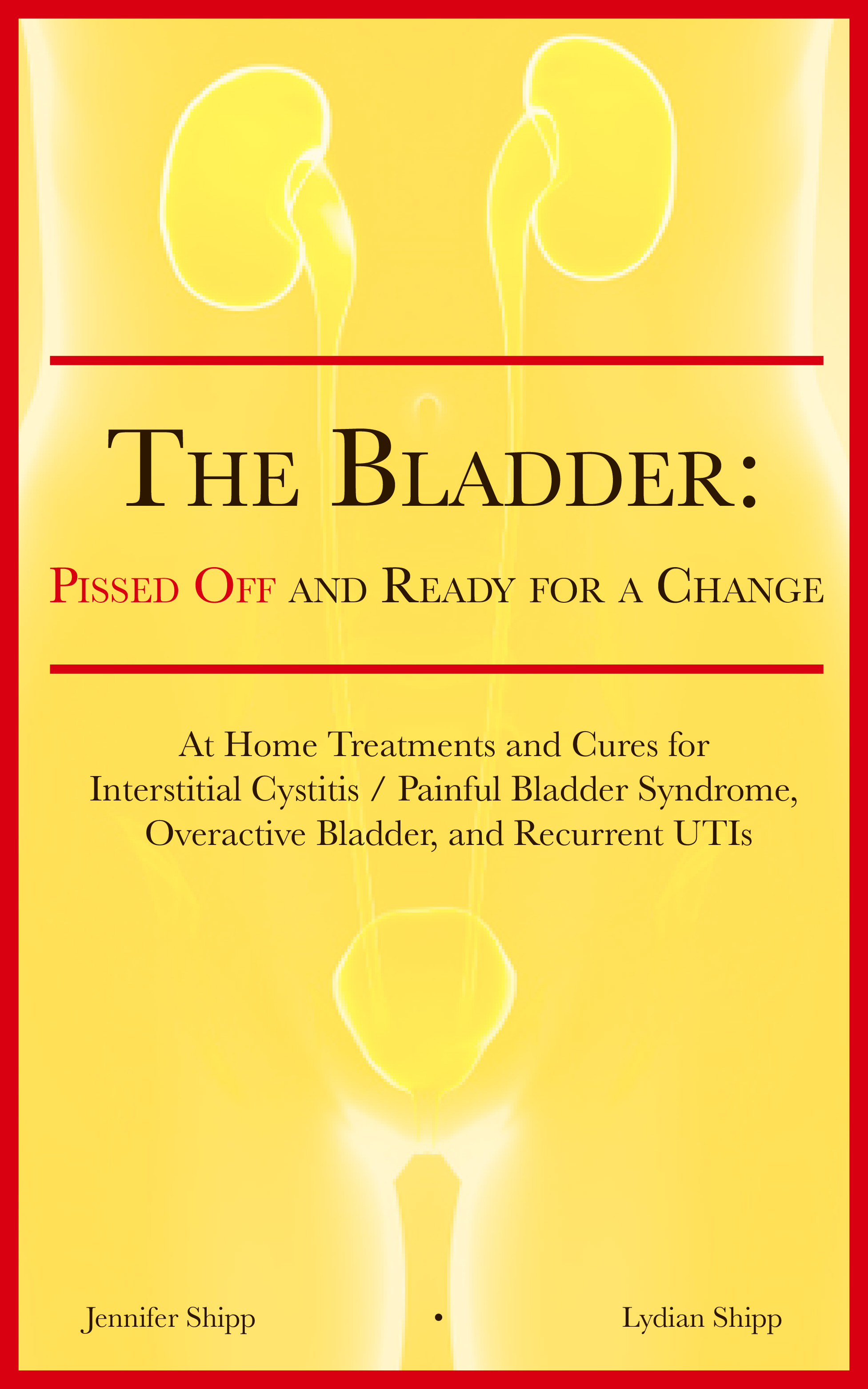 The Bladder: Pissed Off and Ready for a Change - BUY HERE!
The Bladder: Pissed Off and Ready for a Change - BUY HERE!
Drinking Water While on the Ketogenic / Carnivore Diet
People who eat a ketogenic or carnivore diet can benefit from drinking molecular hydrogen water to balance pH levels in the body. Molecular hydrogen water has been studied by itself in terms of its ability to get rid of bladder pain and irritation and about 11% of cystitis sufferers experience dramatic improvements drinking high-concentration molecular hydrogen water. In others, high-concentration molecular hydrogen water reduces bladder pain and irritation albeit to a lesser extent.For those who are on a ketogenic or carnivore diet for cystitis, drinking high-concentration molecular hydrogen water can balance pH levels while simultaneously helping to reduce bladder irritation. The alkalinity of high-concentration molecular hydrogen water also reduces the risk of developing metabolic acidosis after intense physical exercise.
Basic Rules for the Ketogenic Diet for Cystitis
When you begin working with the ketogenic diet, it’s vital that you seek out healthy, organic, animal products that don’t contain any of the following in order to prevent and treat cystitis:- Nitrates
- Nitrites
- Artificial coloring
- Artificial flavoring
- Sugar
- Sugar substitutes
- Caffeine
Foods That Irritate the Bladder
If you suffer from cystitis / painful bladder syndrome, you may need to avoid or limit the following foods which can cause bladder irritation and inflammation:- Oranges
- Grapefruits
- Lemons
- Strawberries
- Pineapples
- Tomatoes
- Chili peppers
- Sauerkraut
- Pickles
- Chocolate
- Condiments
- Bottled Drinks
- Food additives (MSG, artificial sweeteners, etc.)
- Processed foods
- Soy-based foods (soy beans, tempeh, tofu, etc.)
Ketones Instead of Glucose
On a ketogenic diet, less than 1/8th of the ketogenic diet should consist of carbohydrates. The remainder of the diet should include healthy proteins and fats. By eating in this way, the patient’s body switches from a reliance on glucose as an energy source to ketones. This switch from glucose to ketones may be a key reason why this diet can reduce symptoms of bladder irritation.It’s important that you cultivate an awareness of your carbohydrate intake in order to be successful with this anti-cystitis diet. Aim to eat less than 50 grams of carbs per day. Avoid sugars and high-sugar foods as well as processed foods. Also avoid eating a large quantity of proteins which can be converted easily into glucose. The bulk of your diet (about 75%) should consist of fats.
Ketogenic Foods That Tend to Be Less Irritating to the Bladder
A ketogenic diet takes some practice to master, but there are a lot of delicious recipes out there to make this diet palatable and fun. There are a number of foods that can be eaten as part of a ketogenic diet that tend to be less irritating to the bladder. Below is just a short list of example foods that are acceptable on a ketogenic diet:- Organic, Milk Products from Grassfed Cows
- Beef
- Lamb
- Pork
- Poultry
- Fish
- Eggs
- Walnuts
- Almonds
- Cashews
- Cashew butter
- Peanut butter
- Sunflower butter
- Avocados
- Mushrooms
Resources:

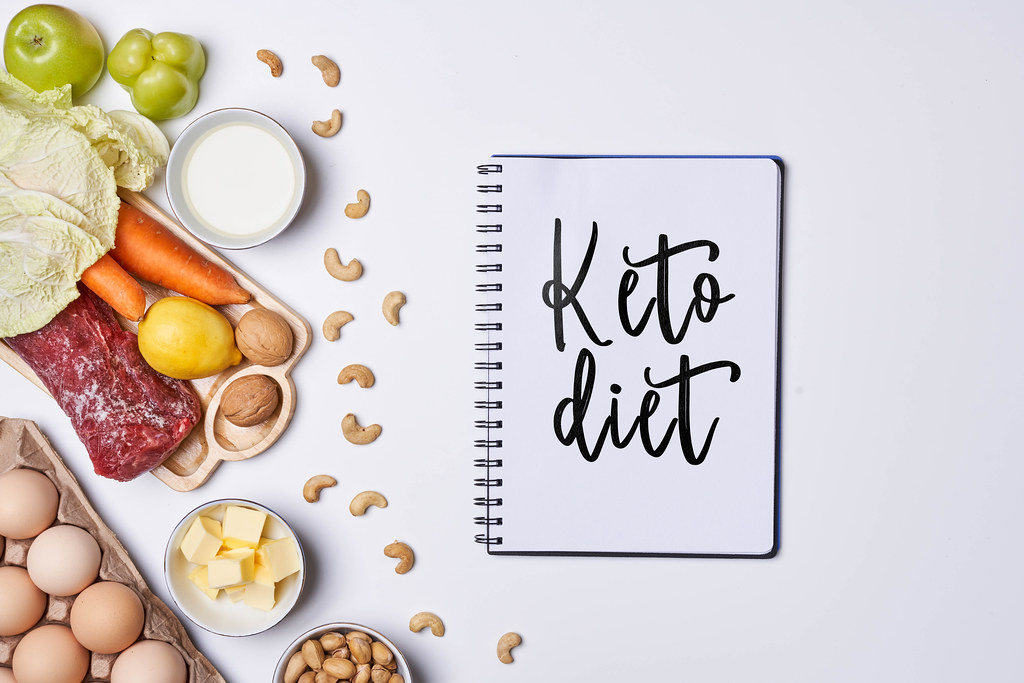 A lot of patients have success following either the keto diet or a strict carnivore diet to overcome recurrent UTIs, cystitis / painful bladder syndrome, or overactive bladder.
A lot of patients have success following either the keto diet or a strict carnivore diet to overcome recurrent UTIs, cystitis / painful bladder syndrome, or overactive bladder.










